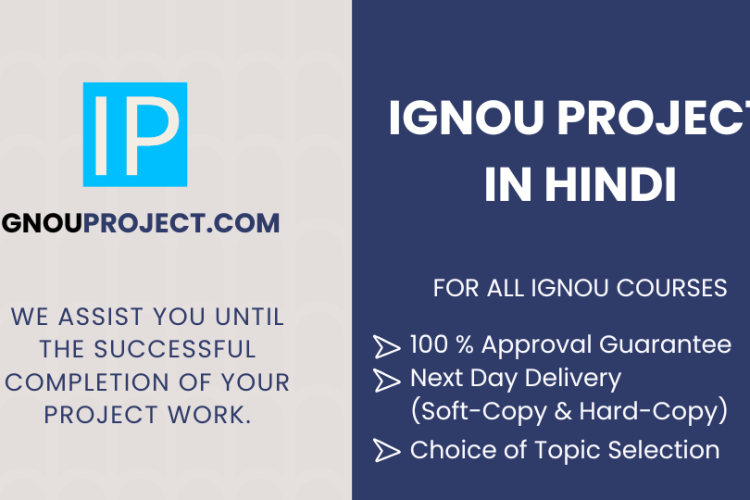The programme is likely to be of interest to academics and researchers; trainers, facilitators, supervisors; staff of organizations working in the area of gender and development; government personnel; personnel serving in banks and financial institutions.
Development policies and practices have a differential influence on women and men. This requires an understanding of the “gender gap” in access to resources, privileges, entitlements and choices. Agreement has evolved around the need to explore the “gender gap” in key development sectors and how this gap can be connected. There is now greater emphasis on mainstreaming gender viewpoints into the development process. This will contribute to establishing a gender-sensitive rubric of development, recasting development theory and action in the “direction of improved living standards, socially efficient management and use of resources, elimination of gender subordination and socioeconomic inequality as well as to promote the organizational restructuring required to bring about desirable change.”
Exploration of gender issues has become an important activity for most non-governmental organizations. Increasing emphasis is being laid in Governmental agencies on establishing gender-differential impacts and taking positive, affirmative action towards gender equality and equity. It is now widely acknowledged that gender considerations need to be reflected in all development plans, programmes and policies. There is growing concern over the isolation of women in so-called “soft” sectors in education, employment and development rather than mainstreaming gender concerns across all organizations, institutions and activities. While the concerns are clearly articulated, national goals and the UN millennium/sustainable development goals cannot be achieved without concrete effort towards gender equality.
One of the key approaches and strategies revolves around design and development of suitable educational programmes that equip practitioners and policymakers with the requisite knowledge and skills to make a valuable contribution in this sphere. Achieving gender equality and gender equity requires multi-pronged approaches and strategies. The Master’s/ Postgraduate Diploma programmes would make an excellent foundation for analyzing, critically assessing existing development interventions and promoting gender-sensitive/gender-based research and action. The strong focus envisaged on positive affirmative action would be of considerable significance.
Programme Objectives:
The programmes seek to enable learners to:
- analyze extent of gender-sensitivity of development interventions;
- conduct gender analysis;
- critically analyze gender differentials in selected development sectors;
- identify appropriate research designs and methodologies for a range of research problems;
- suggest positive affirmative action in development planning and practice to promote gender equity and equality.
Eligibility: Bachelor’s Degree or a higher degree from a recognized University.
Medium of Instruction: English & Hindi
Duration: Minimum 2 years and Maximum 5 years; offered in both January & July cycle of admissions.
Fee Structure: Rs. 10,800/- for full programme to be paid year wise @Rs. 5,400/- per year.
Programme Details:
| Course Code | Title of the Course | Credits |
| I Year | ||
| MGS 1 | Gender and Development: Concepts, Approaches and Strategies | 6 |
| MGS 2 | Gender, Development Goals and Praxis | 6 |
| MGS 3 | Gender Analysis | 4 |
| MGS 4 | Gender-Sensitive Planning and Policy Making | 8 |
| MGS 5 | Research Methodologies in Gender and Development Studies | 8 |
| MGSP 1 | Internship-I / Field based Research Project-I | 4 |
| II Year | ||
| Compulsory Course | ||
| MGSP 2 | Internship-II / Field based Research Project-II | 4 |
| Elective Courses (Choose any eight(8) courses only) | ||
| MGSE 1 | Gender Planning and Development Policies | 4 |
| MGSE 2 | Gender Audit and Gender Budgeting | 4 |
| MGSE 3 | Gender Mainstreaming | 4 |
| MGSE 4 | Gender Issues in Agriculture, Rural Livelihoods and Natural Resource Management | 4 |
| MGSE 6 | Gender, Resources and Entitlements | 4 |
| MGSE 7 | Gender, Organization and Leadership | 4 |
| MGSE 9 | Gender Issues in Work, Employment and Productivity | 4 |
| MGSE 10 | Gender and Entrepreneurship Development | 4 |
| MGSE 13 | Gender Training and Empowerment | 4 |
| MGSE 20 | Gender and Financial Inclusion | 4 |
| Total Credits | 72 |
Now you are provided with all the information regarding Master of Arts (Gender and Development Studies) (MAGD) programme . We hope the aforementioned article helps you. If you want any assistance related to this course like Solved Assignments, Projects, Help Books, Previous Paper Solutions, Guess Paper, drop your queries below and we will get back to you as soon as possible.
- Call us or WhatsApp us at: 9958947060, 9354637830
- Visit: IGNOUPROJECT.COM

